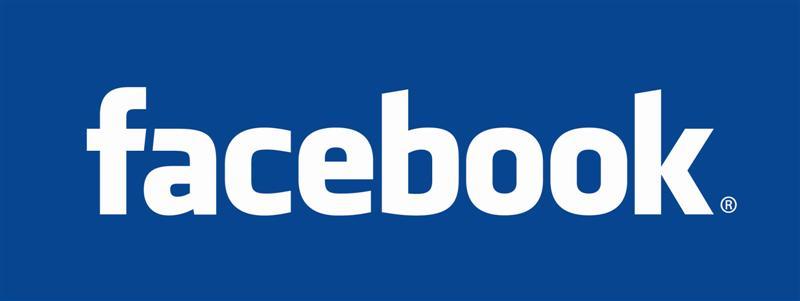Secure your place at the Digiday Publishing Summit in Vail, March 23-25

The billion-dollar question for Facebook is just how effective advertising there is. Brands have rushed onto the social platform — there are 900 million users after all — but Facebook’s ad products aren’t exactly the new 30-second spot. General Motors fueled the debate further by publicly turning its back on ad spending there.
The truth is in the numbers, of course. Comscore examined ad campaigns for Starbucks and Target and found a “statistically significant” improvement in purchasing behavior in stores after people were exposed to promotional content on the social network. Comscore found that even people who weren’t fans of the brand, but friends with people who were, also increased purchasing behavior of the brand. The study seems to represent the golden ideal of advertising: paid, earned, owned media across a wide network of consumers to increase both brand awareness and purchases. GigaOm’s Matthew Ingram has more.
One of the comScore study’s conclusions seems to be aimed directly at this idea — and also at critics who question whether Facebook’s paid ads are effective when the click-through rates on them are so low (even lower than the rates on generic web advertising). The report notes that an analysis of the data showed “statistically significant” increases in both online and in-store purchasing for a major retailer after exposure to display ads, despite the lack of clicks, and that this “highlights the importance of using view-through display ad effectiveness in a medium where click-through rates are known to be lower than average.” One thing the study also reinforces is just how much advertisers are betting on Facebook: according to comScore’s analysis, more than 15 percent of all U.S. online display ads were “socially enabled,” meaning they contained a message asking viewers to “like” or follow the brand or the campaign on Facebook. That’s almost double the number of ads that contained those kinds of messages in November of last year, the report said. That kind of bet is what drove Salesforce to spend close to a billion dollars to buy Buddy Media, which specializes in managing Facebook pages and social campaigns.
Read the rest of the article at Giga Om. Follow Mathew Ingram on Twitter at @mathewi.
More in Media

How creator talent agencies are evolving into multi-platform operators
The legacy agency model is being re-built from the ground up to better serve the maturing creator economy – here’s what that looks like.

Why more brands are rethinking influencer marketing with gamified micro-creator programs
Brands like Urban Outfitters and American Eagle are embracing a new, micro-creator-focused approach to influencer marketing. Why now?

WTF is pay per ‘demonstrated’ value in AI content licensing?
Publishers and tech companies are developing a “pay by demonstrated value” model in AI content licensing that ties compensation to usage.





